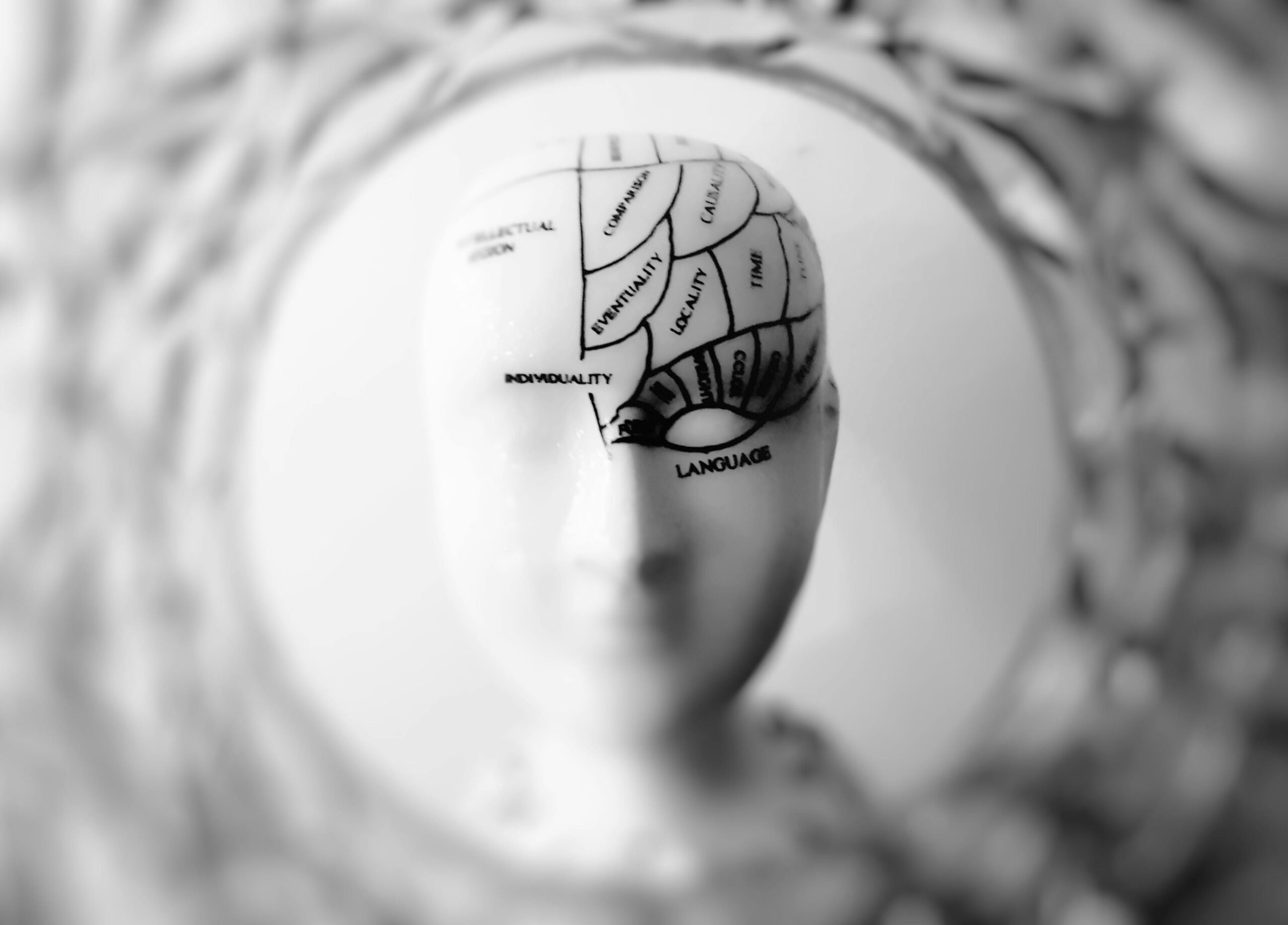The Hidden Challenges of Breaking Bad Habits?

If you know something is bad for you, why can’t you just stop? This question perplexes many of us, from smokers wishing to quit to those struggling with overeating or substance abuse. Despite knowing the consequences, breaking bad habits often feels like an insurmountable challenge. Research funded by the National Institutes of Health (NIH) provides insights into the science behind habit formation and offers strategies for overcoming them.
The Role of Habits in Our Lives
“Habits play an important role in our health,” says Dr. Nora Smith, director of NIH’s National Institute on Addiction Studies. Consider how often you find yourself brushing your teeth or driving to work without conscious thought. These repetitive actions help streamline our daily lives, allowing our brains to focus on more complex tasks. For instance, someone might instinctively grab a coffee every morning on their way to work without giving it much thought. This automaticity can be beneficial but becomes problematic when the habit is unhealthy.
However, when enjoyable activities trigger the brain’s reward system, habits can turn harmful. Overeating, smoking, substance abuse, and even excessive social media use can become deeply ingrained due to the release of dopamine, a chemical associated with pleasure and reinforcement.
Habits, formed through repetition, can streamline daily activities, freeing our brains to focus on other tasks. For example, we can drive familiar routes on autopilot or perform morning routines without much thought.
The Power of Dopamine
“The same brain mechanisms underlie both good and bad habits,” explains Dr. John Miller, a neurobiologist at the University of California. Imagine dopamine as the brain’s reward currency. When you engage in a pleasurable activity, dopamine is like a gold coin deposited into your brain’s reward bank, reinforcing the habit. Over time, this makes you crave the activity more, even if it stops bringing the same joy—making these habits particularly hard to break.
Overcoming the Hardwired Brain

Fortunately, humans possess unique abilities to change behavior and pursue long-term goals. Dr. Sarah Johnson, a psychologist at Florida State University, notes that “self-control is like a muscle” that can be strengthened with practice. Regularly exercising self-control through small acts can enhance overall willpower.
Strategies for Breaking Bad Habits
Have you ever wondered why some people can effortlessly break bad habits while others struggle for years? Or why certain strategies work for one person but fail for another? Understanding these nuances can make all the difference in your journey to change.
Awareness and Avoidance
One effective approach is increasing awareness of unhealthy habits and developing strategies to counteract them. This may involve avoiding places or situations that trigger the habit, such as bypassing the candy aisle or staying away from social settings linked to substance use.
Visualization and Mental Rehearsal
Visualization can also be a powerful tool. Dr. Miller suggests mentally rehearsing positive behaviors in tempting situations, like visualizing yourself choosing healthy foods at a party. This technique, while not foolproof, can help reinforce better choices.
Replacing Old Habits with New Ones
Replacing unhealthy routines with new, positive ones is another strategy. Some people find that engaging in alternative activities, such as exercise, can help counteract urges. “For certain individuals, adopting ritualistic behaviors like marathon running can replace drug addiction,” notes Dr. Smith.
Strengthening New Behaviors
It’s important to recognize that new habits don’t erase old ones but can suppress them. Ongoing research aims to understand how to strengthen new behaviors and improve the ability to maintain these changes.
Future Directions in Habit Research
Research continues to explore how medications and genetic factors might assist in disrupting ingrained behaviors and supporting the formation of new habits. These advancements hold promise for those struggling with deeply entrenched routines.
Conclusion: The Path to Change
While breaking bad habits is challenging, it’s achievable with the right strategies and support. Enlisting friends, family, and co-workers can provide additional encouragement. Understanding the science behind habit formation and employing practical techniques can pave the way to a healthier lifestyle. Start today by identifying one habit you want to change and take the first small step towards a better you. Remember, every effort counts, and your journey to positive change begins with a single decision.

